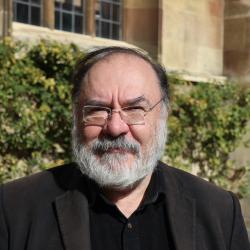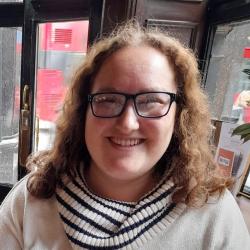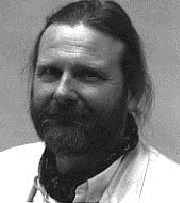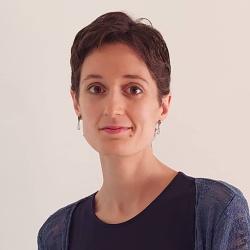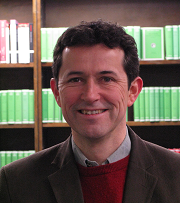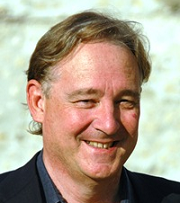For the last 50 years, at least, Greek and Roman historians in Cambridge have been grappling with big issues about the nature of Greek and Roman society and Greek and Roman politics.
Cambridge’s current staff in Greek and Roman history, many of whom have had long careers here, introduce themselves on the web-pages to which you will find links below. As a group they offer expertise that covers the whole range of ancient history from the early Iron Age in Greece to the end of the Roman empire in the west. They work on the full range of political, economic, social and cultural history. Above all they work in a methodologically sophisticated way, as keen to tackle the fundamental problems of how one writes the history of past societies at all as to revisit the classic problems of Athenian democracy or late Republican Rome.
The liveliness of the group manifests itself in rich records of individual publication, but also in a range of conference activity, graduate seminars, and workshops every year. The history of research projects stretches back to the era before research projects were fashionable and in recent years has frequently involved projects that cross into other Faculties and Departments (in particular History and Archaeology). Greek and Roman history in Cambridge is fully engaged at every level with the whole range of issues and evidence, from the most esoteric technical texts to the most banal archaeological finds.
Graduate students in Ancient History benefit from 24-hour access to the very fine Classics Faculty Library. Their progress is carefully overseen both by their own supervisor and by a secondary supervisor, and is further subject to annual review. Faculty funds enable fieldwork (whether independently or through the British Schools of Athens and Rome) and other travel abroad, and attendance at conferences. There are exchange arrangements with a range of European universities (particularly Bologna and Cologne).
The following ancient historians are currently active members of the faculty:

